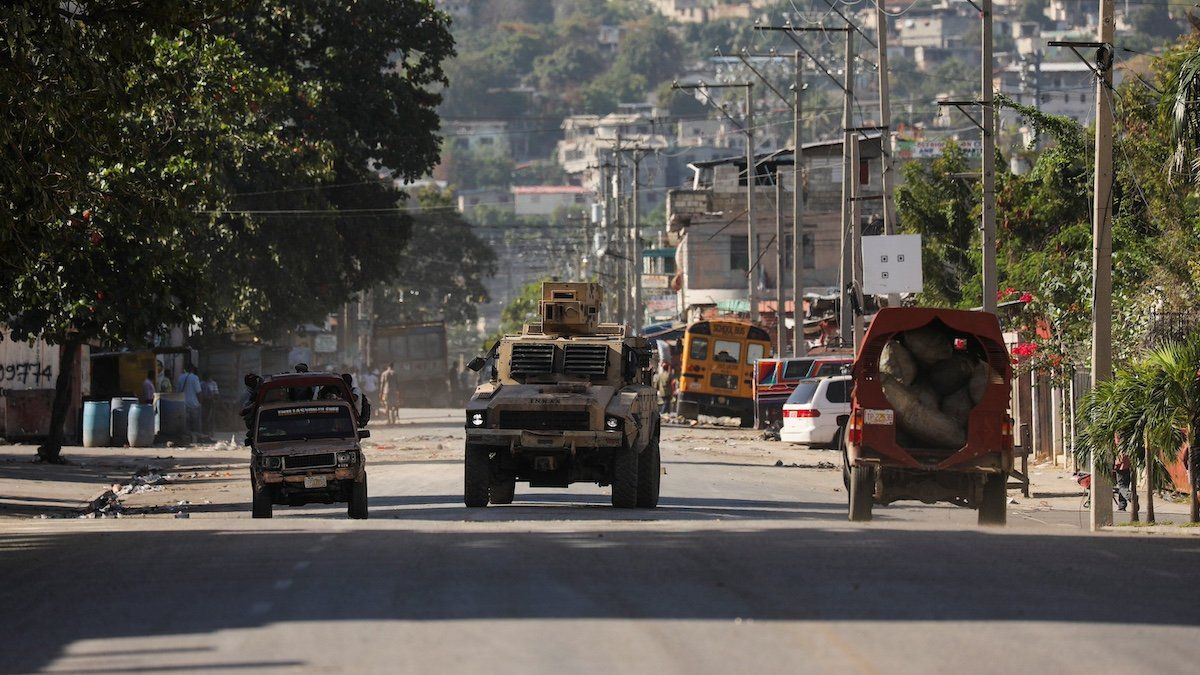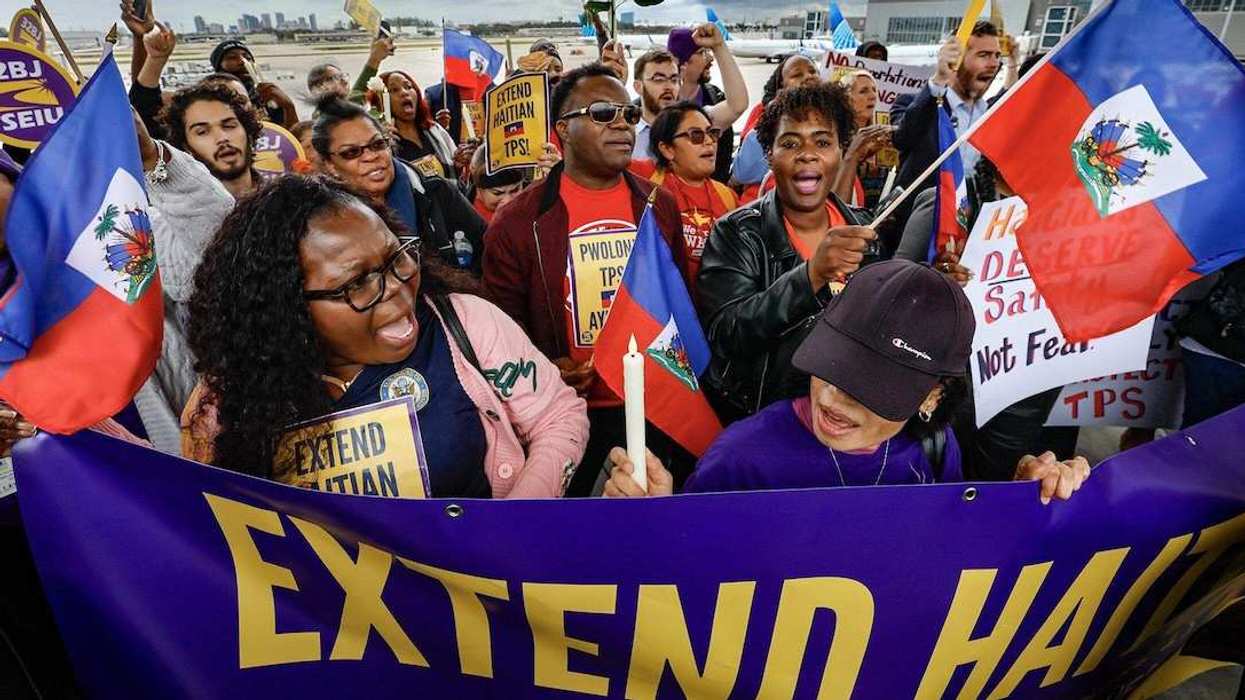Haiti declared a state of emergency Sunday after armed gangs stormed Haiti’s largest prison Saturday night, setting around 3,700 of convicts free and killing many others. Notorious former police officer turned gang kingpin Jimmy Chérizier, aka “Barbecue,” claimed responsibility for the attack, which forced police unions to call for reinforcements on social media.
The attack was part of a coordinated assault that included Haiti’s international airport and two police stations, forcing the closure of businesses and schools, and prompting the US Embassy in Port-au-Prince to temporarily halt all official travel to the country.
Countering Kenya
Chérizier’s latest strikes were meant to capture Haiti’s national police chief and government ministers – and prevent Prime Minister Ariel Henry from coming back from Nairobi. Henry inked a deal on Friday that could see a UN-backed multinational force led by 1,000 Kenyan police officers attempt to restore order in Haiti. The island has been waiting a long time for help, after the assassination of President Jovenel Moïse in 2021 kicked off a growing anarchy that has left 80% of the capital under gang control. Five thousand people were killed in 2023, more than twice as many as in 2022.
The Kenyan-led initiative includes support from Bahamas, Jamaica, Antigua & Barbuda, Benin, and others, and Washington pledged $200 million in assistance. If it succeeds in stabilizing the country, Henry has promised to hold elections next year, Haiti’s first in nearly a decade.


















